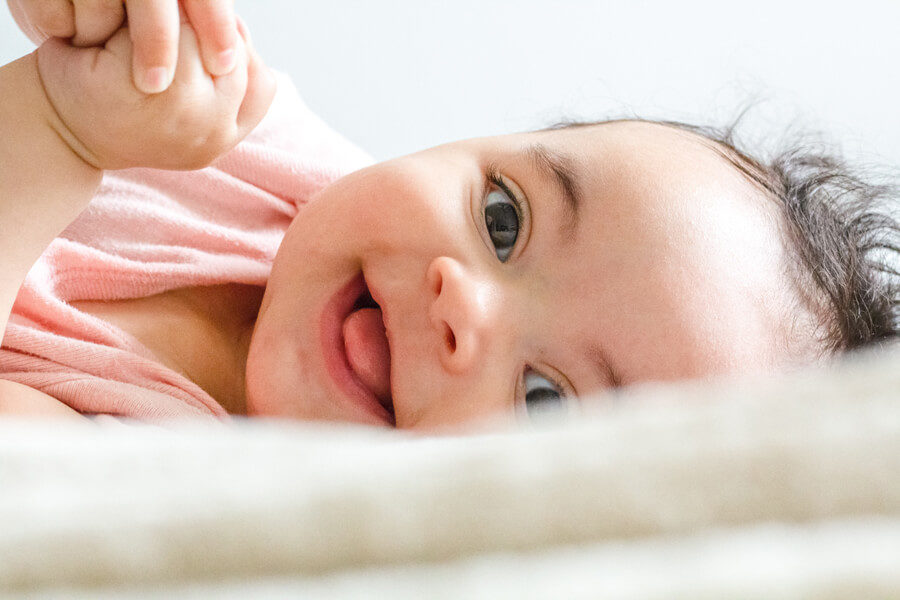Engaging citizens in monitoring workplace support for breastfeeding

DATE
TYPE Prevention Centre News
People will be asked to photograph and comment on the work environments where they would be expected to breastfeed or express breastmilk, to enable researchers to monitor the availability (or lack of) facilities and practices across Australia. The project aims to help drive local action to address workplace support for breastfeeding in South Western Sydney, in particular.
Dr Samantha Rowbotham, who is leading the citizen science project, said that a lack of support for breastfeeding in the workplace is a key barrier to continuing breastfeeding for many women returning to work.
“We know there are things that workplaces can do to support breastfeeding mothers, including providing a safe and clean space in which to express and store milk, and having a supportive culture around breastfeeding, including allowing breaks to breastfeed or express,” she said.
“However, we do not know how widely practices and policies to support breastfeeding are being implemented in workplaces, or how such practices are distributed across different types and sizes of workplace.”
Members of the public will be asked to submit their photos via an online portal, along with any comments about their experiences. The researchers will also collect information about the size of the workplace and the industry so they can explore patterns in the data, but will not collect details identifying individual workplaces.
The photographs will then be analysed to identify key features and patterns related to breastfeeding support. Selected photos will also be screened by the research team to check for identifying or inappropriate content, such as the name of the workplace or photos of people, and then displayed on social media.
The hope is that the project will spark conversations about workplace support for breastfeeding. Working together with their partners, the researchers will explore how the data can inform the support that is provided.
The project is part of a program of work led by Professor Penny Hawe that explores novel approaches to creating demand for preventive public policy. An important aim of this project is to show the feasibility of using citizen science in public health research.
Dr Rowbotham said engaging citizens in the science and practice of public health had many potential benefits for both the discipline as a whole and citizens themselves.
“Citizen science harnesses the power of the public to collect data that can inform action.”
Dr Samantha Rowbotham
“It not only has the potential to give rise to more data than researchers alone could collect, but provides access to data that would otherwise be extremely difficult to obtain and taps into the perspectives of communities in identifying the features of their environments that they see as being important to health. This gives rise to new perspectives on problems and solutions that we as researchers may not have come up with,” she said.
- If you would like more information about the study or want to take part you can do so here or on Facebook here. Anyone who has a workplace can take part. You don’t need to be a breastfeeding mum.
- If you want to know more about this approach or have ideas about how to use this in your own work, or if you know of any good examples of people using these kinds of approaches in public health, we would love to hear from you. Please email Professor Penny Hawe or Ms Leah Marks.
- Read our blog about citizen science here
- Visit the Australian Citizen Science Association website.
- Visit the Australian Breastfeeding Association website.



